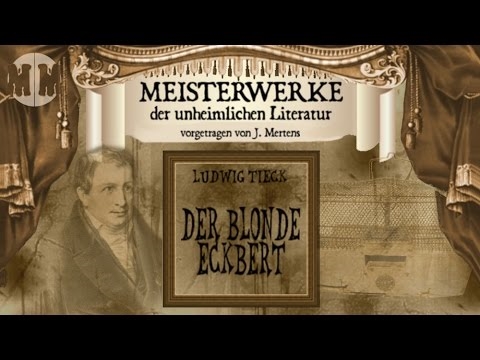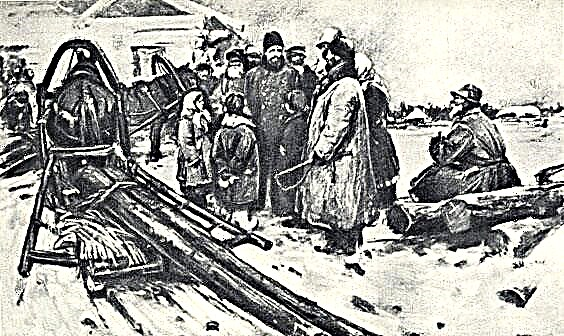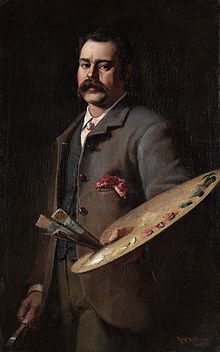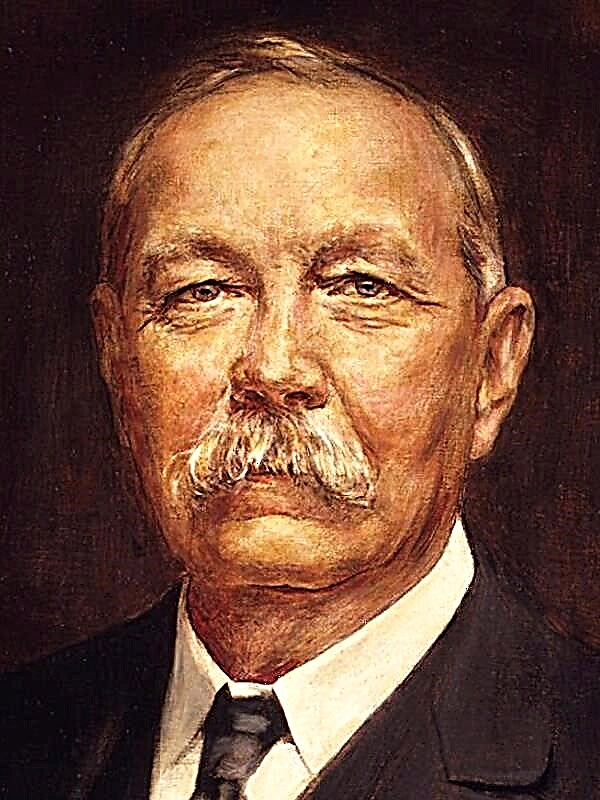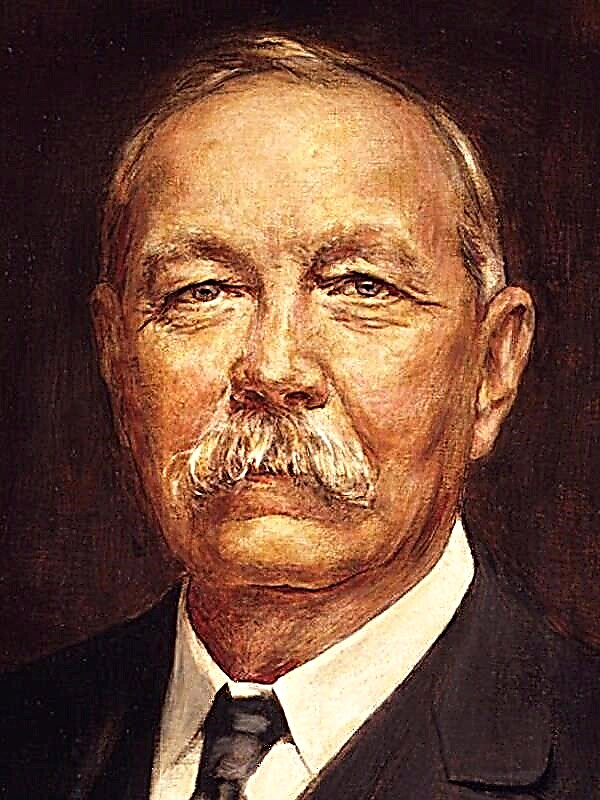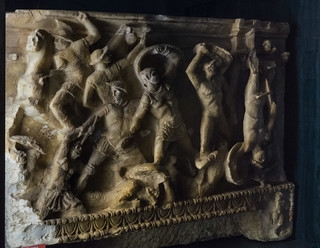Civil Defense (ГРОБ) is a fairly well-known Soviet-Russian punk band, the soloist of which is Igor Fedorovich Letov. A significant feature of this musical collective is its vivid politicism and philosophical and everyday fullness of texts. The work of "Civil Defense" has an acute social character. One of the most famous compositions can be called the song "Gospel", released in the album "One Hundred Years of Solitude" in 1993.
The tremendous minor harmony of the instrumental component of the song, full of modulations and undulating movement, creates a paradoxical feeling of hopeless utopian peace. Also in the melody there is a certain humble intonation of a sigh - “lamento”, showing the perishability of everything. The central image of the text itself is the figure of Christ. Letov humanizes his essence, making him mundane, simple and eternal, while using references to Bible stories. Christ in this composition is a combination of negative, shameful mental states and transitions of a person from one to another, in a ratio from lower to higher and deeper. The death of Christ is tantamount to spiritual liberation and purification. In general, the entire text is based on multiple oxymorons and rhetorical issues, allegories.
In the first two verses, the image of Christ does not have a clear outline, special semantic content and appears before us as a kind of intangible, intangible abstraction. In the first quatrain, “vigilant windows” and “soundless words” are the personification of the totalitarian structure of society. “Earthly Christ” is under constant, detailed control of the surrounding society, succumbing to an eternal condemning assessment and moral pressure. He is devoid of words and personal space. It is insignificant. In the next couplet, the image of “greedy fingers” appears. It serves as the personification of human emptiness, a certain deficit of both material and spiritual.
In the third couplet, a direct appeal to one's own alter ego begins. Nowhere to go further. All hopes are long gone. The lyrical hero prepares himself for internal, moral suicide in the name of spiritual purification:
Runaway shadows ...
Who will catch the runaway shadows?
Swaddle with reliable chains
His hopeless Christ ...
This verse is a direct reference to the Bible. “The Kiss of Judah” is a symbol of betrayal, but here this meaning takes on a positive connotation. The lyrical hero looks at his whole past life from the side. There is a transition from one spiritual state to a certain absolute. He betrays his former beliefs by “betraying” himself:
Slippery veins ...
Slippery Disturbing Veins
Cold lips kiss
His mirror-like Christ ...
In the final couplet we see the final cleansing of everything mortal, oppressive and negative. "Round Sky" is a symbol of complete enlightenment and clarity of consciousness. "The strangulation of Christ" is an absolute, undeniable victory over oneself. Moral death is a way out of that very illusory state, the liberation of a clouded mind.


